11 Emerging-Markets Stocks Showing Signs of Life
Emerging-markets stocks have broadly struggled in 2020, but like their U.S. counterparts, they're showing plenty of heart now.

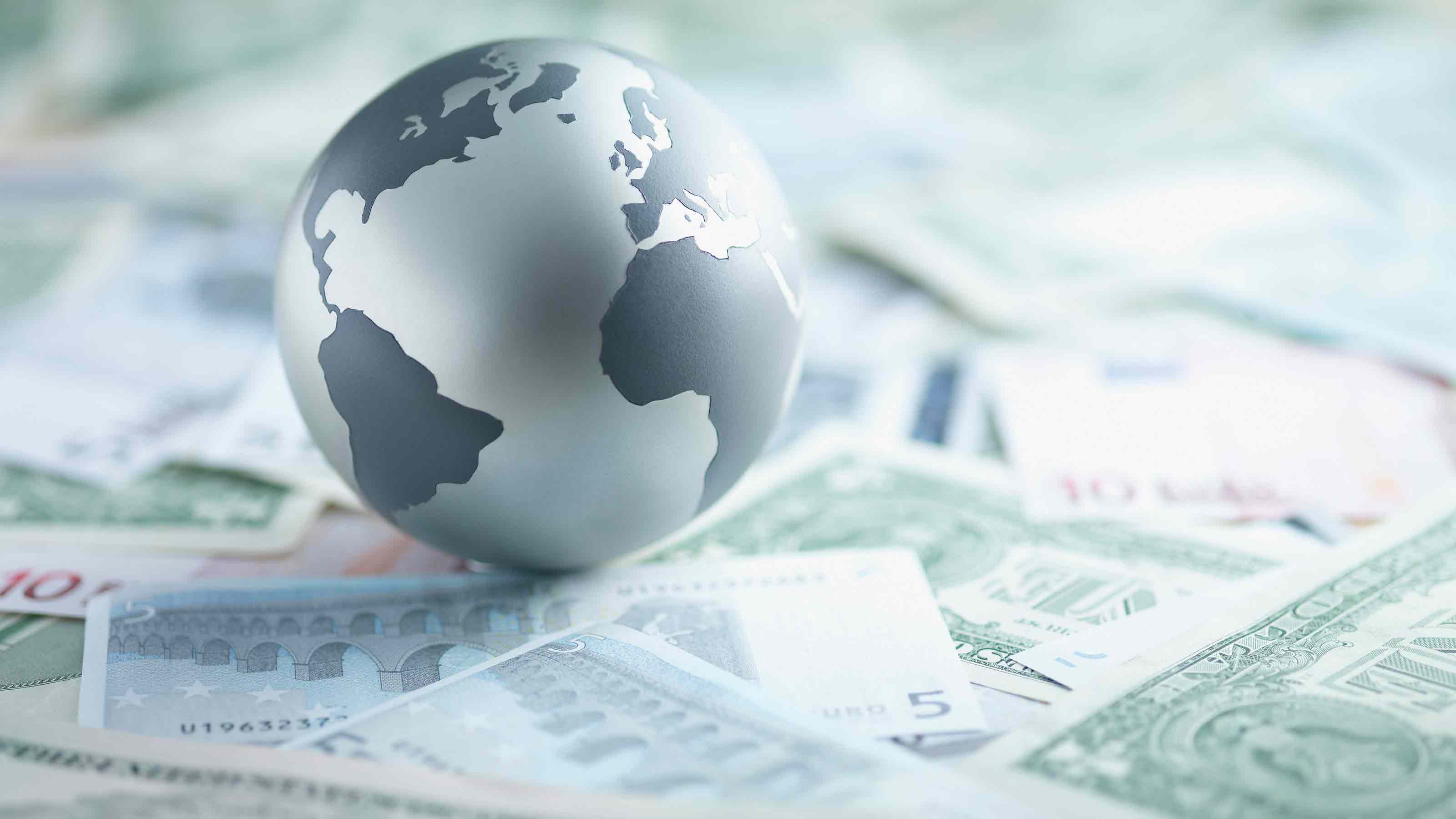
Profit and prosper with the best of Kiplinger's advice on investing, taxes, retirement, personal finance and much more. Delivered daily. Enter your email in the box and click Sign Me Up.
You are now subscribed
Your newsletter sign-up was successful
Want to add more newsletters?

Delivered daily
Kiplinger Today
Profit and prosper with the best of Kiplinger's advice on investing, taxes, retirement, personal finance and much more delivered daily. Smart money moves start here.

Sent five days a week
Kiplinger A Step Ahead
Get practical help to make better financial decisions in your everyday life, from spending to savings on top deals.

Delivered daily
Kiplinger Closing Bell
Get today's biggest financial and investing headlines delivered to your inbox every day the U.S. stock market is open.

Sent twice a week
Kiplinger Adviser Intel
Financial pros across the country share best practices and fresh tactics to preserve and grow your wealth.

Delivered weekly
Kiplinger Tax Tips
Trim your federal and state tax bills with practical tax-planning and tax-cutting strategies.

Sent twice a week
Kiplinger Retirement Tips
Your twice-a-week guide to planning and enjoying a financially secure and richly rewarding retirement

Sent bimonthly.
Kiplinger Adviser Angle
Insights for advisers, wealth managers and other financial professionals.

Sent twice a week
Kiplinger Investing Weekly
Your twice-a-week roundup of promising stocks, funds, companies and industries you should consider, ones you should avoid, and why.

Sent weekly for six weeks
Kiplinger Invest for Retirement
Your step-by-step six-part series on how to invest for retirement, from devising a successful strategy to exactly which investments to choose.
Emerging-markets stocks weren't exactly enjoying a good run before the COVID-19 pandemic wrecked the global economy. And months of lockdowns and a massive decline in economic activity certainly haven't helped much.
Apart from lacking adequate health systems, most emerging markets have minimal safety nets, and a large segment of the economy is informal. The can't afford to get sick, and they certainly can't afford to go to work.
Developing economies are more sensitive to commodity prices and trade flows than most of their developed peers, too. So, a major drop in demand from the United States and other importers tends to hit these countries particularly hard.
"While there isn't a single country in the world that has avoided economic upheaval during the COVID-19 pandemic, resource-heavy economies in the Middle East, Asia and Latin America have been hit particularly hard," says Amir Hekmati, fund manager for portfolio consulting firm TradeFlow and a geopolitical risk analyst for the Middle East and North Africa region. "We're only now beginning to see the full extent of the damage showing up in the economic releases."
Emerging-markets stocks have been a graveyard for capital. This isn't a recent phenomenon, either. As Michael Gayed, manager of the ATAC Rotation Fund (ATACX) and editor of the Lead-Lag Report, explains, "By far and away the most frustrating investment thesis of the past decade has been betting on anything but U.S. equities, and particularly positioning long into emerging markets. Cheap valuations simply haven't translated into price momentum."
All the same, emerging-markets stocks have been showing signs of life. Thanks to a 32% run off the March bottom, the iShares MSCI Emerging Markets ETF (EEM) is just 14% away from a new 52-week high. And given the disparity in valuations, that run might continue. Emerging-markets stocks collectively trade at a cyclically adjusted price/earnings ratio (CAPE) of 13.7, according to Star Capital. By comparison, the United States market trades at a CAPE of 28.3 and developed markets as a whole trade at a CAPE of 22.6.
Today, we're going to take a look at 11 emerging-markets stocks currently trending higher that might have a lot farther to run.

Yandex
- Country: Russia (via Netherlands)
- Market value: $15.4 billion
Russia hasn't exactly been an easy place to make a buck in recent years. Between collapsing energy prices, Western sanctions and tepid economic growth, market conditions haven't exactly been ideal. The VanEck Vectors Russia ETF (RSX) is sitting at 2017 levels, effectively missing the entirety of the market rally of the past three years. (The S&P 500 is up roughly 40% in that time, for context.)
But while Russia might be a declining petrostate, it's also the home of Yandex (YNDX, $46.94), one of the most popular web browsers outside of the United States.
You can think of Yandex as the Google of Russia. In addition to its search engine, it offers a host of services including email, GPS mapping, cloud storage, music and movies, web analytics and assorted e-commerce solutions.
Yandex is now headquartered in the Netherlands, but it remains a distinctly Russian company. Its executive team is Russian, and it collects substantially all of its revenues from Russian language services and content.
Yandex has had a nice run since its August 2015 trench, rising by more than 360%. That includes climbing out of the hole for an 8% gain in 2020. Yet shares still trade only a little higher than they did in late 2013. Good luck finding a tech stock worth owning in the United States at those levels!
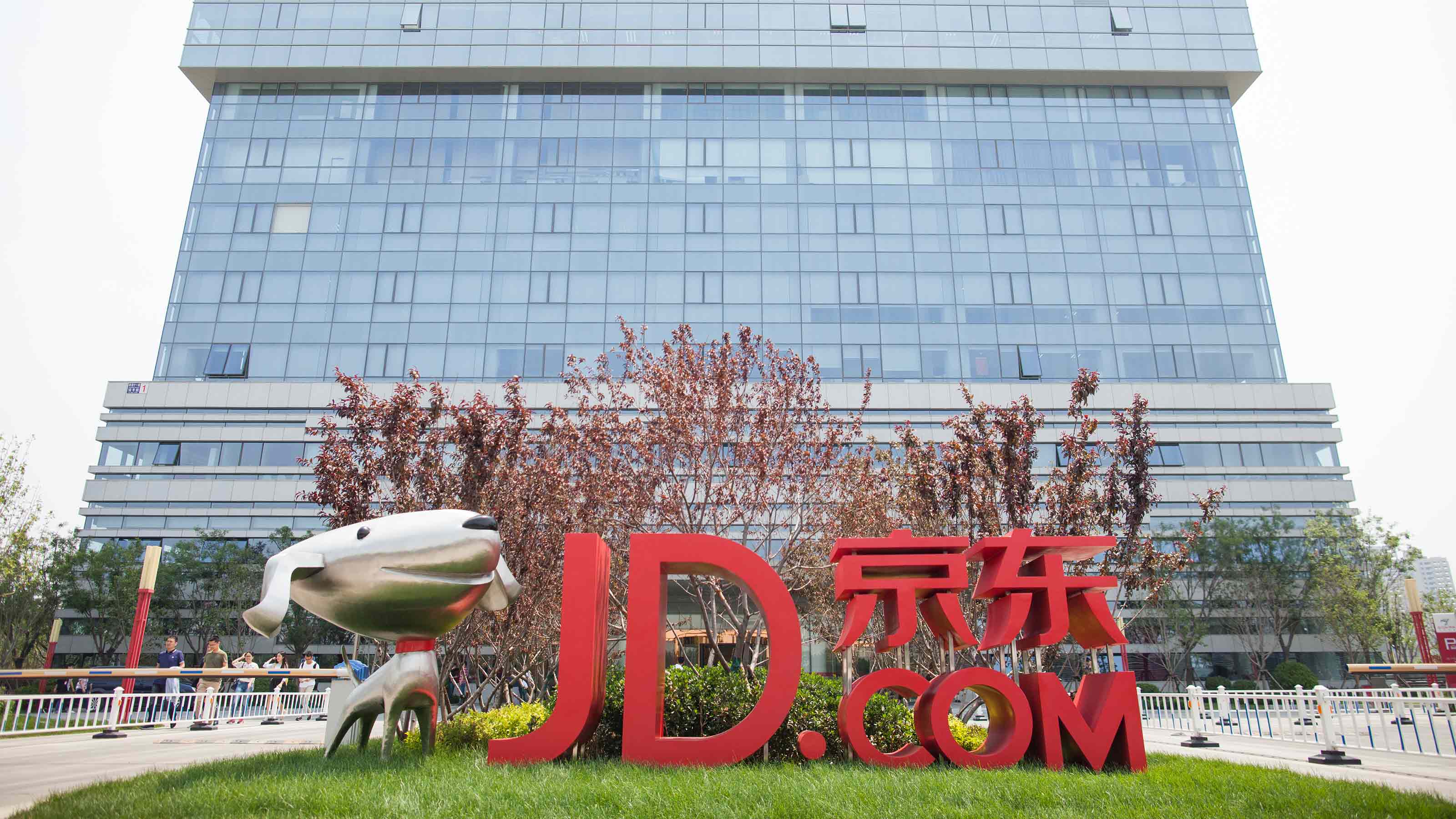
JD.com
- Country: China
- Market Value: $91.9 billion
If Yandex is the Google of Russia, JD.com (JD, $59.09) would be the Amazon.com (AMZN) of China, or at least one of the closest companies to it.
JD.com has 387 million annual active users, and sells virtually anything that can be tossed in a box and delivered. Like Amazon, JD.com has blazed new trails in rapid delivery, offering next-day and in some cases same-day delivery. Also like Amazon, JD.com allows third-party companies to piggyback on its fulfillment and warehouse infrastructure.
The COVID-19 pandemic has wreaked havoc on much of the global economy, and we frankly have no idea what comes next. But whether we get a second wave of infections or the virus slowly fades away into the history books, the general trend of e-commerce displacing traditional brick and mortar isn't likely to slow. Chinese consumers that have gotten used to the concept of instant delivery aren't likely to go back to the local market, or at least not at pre-COVID levels.
JD.com isn't particularly cheap, but it's a growth machine. The stock has been shooting higher since late 2018, roughly tripling over the past 18 months. And it shows no signs of slowing down.

TAL Education Group
- Country: China
- Market Value: $39.5 billion
Online education was growing in popularity prior to the COVID-19 outbreak. But today, it's downright critical. And a benefit of the pandemic was that it forced parents and students alike to adapt to new technology and new ways of doing things. So even once COVID-19 is long gone, online education is likely to remain in the mix. There's no substitute for the in-person classroom experience. But meeting in person isn't always practical, particularly in remote areas or in areas with traffic congestion.
This brings us to TAL Education Group (TAL, $66.76), a Chinese after-school tutoring company. TAL offers tutoring to K-12 students covering virtually every subject imaginable, as well as management consulting, financial advice and other classes tailored to a professional audience. The company conducts live, in-person classes, but importantly it also offers its classes online.
Allegations of accounting irregularities kept a lid on TAL's share price for much of 2020. The company reported that an internal audit found that rogue employees had been inflating sales by forging contracts. That's not the sort of thing that makes investors comfortable, but it's worth noting that the company itself disclosed the irregularities and turned the employee over the to police.
However, this emerging-markets stock has started to lift off of late. And TAL could easily enjoy further upside from here.

NetEase
- Country: China
- Market Value: $56.9 billion
The final China play among our emerging-markets stocks is NetEase (NTES, $418.20).
Like many Chinese tech firms, NetEase can be a little hard to define for a western investor. NetEase has a range of businesses, but its focus is on online gaming. The company develops PC and mobile games; additionally, it runs advertising and e-commerce platforms in China.
Some of NetEase's game franchises include the Westward Journey series, Ghost, Knives Out and Rules of Survival. Rules of Survival boasts 280 million downloads, according to recent company figures.
Apart from its own titles, NetEase also regularly collaborates with outside content creators. As an example, NetEase recently partnered with Warner Bros. Interactive to develop a new Lord of the Rings mobile game.
Mobile gaming was popular before the pandemic, of course. But its popularity has risen with people stuck in their homes and looking to interact with their friends in other ways. Interactive gaming has been a big beneficiary of that trend.
NetEase shares have more than doubled since September 2018 and have run up 36% in 2020.

MercadoLibre
- Country: Argentina
- Market Value: $48.9 billion
Argentina might very well be the most disappointing country in history, economically speaking. A century ago, it was one of the 10 largest economies in the world and looked like a viable new-world rival for the United States. Today, it holds the distinction of having defaulted on its debts nine times and having some of the worst inflation in the world.
But while Argentina has had a difficult time getting its act together as a country, it boasts one of Latin America's most promising tech companies in MercadoLibre (MELI, $984.54).
MercadoLibre, which translates to "free market" in English, most closely resembles eBay (EBAY) in the United States in that its core business is allowing other businesses to sell their wares online. But the company also is a regional pioneer in online payments – again, like eBay while it owned PayPal (PYPL) – and also has growing asset management and lending businesses.
Latin America has been hit hard by the pandemic and the lockdowns, which has been a major boon to MercadoLibre. The shares are up an incredible 72% year-to-date and haven't shown signs of slowing in months. With the pandemic forcing faster technology adoption in Latin America, it's likely MELI continues to enjoy growth long after the Covid scare passes.

Globant
- Country: Argentina
- Market Value: $5.7 billion
MercadoLibre is not Argentina's only global tech company. Globant SA (GLOB, $144.35) is a leading technology services and consulting company operating in primarily in Latin America, but it also has a significant presence in the United States, United Kingdom, India and a host of other countries.
For those not in management consulting or information technology, Globant is a little difficult to describe. Essentially, the firm helps other countries implement technology and modernize their businesses.
Globant is now headquartered in Luxembourg, but it is still very much an Argentine company at its core. Its founders and senior management are from Argentina, and the business continues to be centered there.
GLOB shares lost almost half their value as the coronavirus outbreak shocked the financial markets. But the stock surpassed its pre-pandemic highs in May and hasn't looked back. The shares have tripled in value over the past three years and still seem to have momentum on their side. Regardless of how dysfunctional Argentina's financial system might be, Globant's client base is global and more in need of its services than ever.

Naspers
- Country: South Africa
- Market Value: $78.5 billion
South Africa's Naspers (NPSNY, $179.00) is truly unique among emerging-markets stocks. Most South African stocks center around mining or raw materials. Well, that's about as far from Naspers' businesses as you can get. The company was founded in 1915 as a publisher of newspapers and magazines and later expanded into books and paid TV.
While the company still has media businesses, today Naspers is essentially a massive technology venture capital fund. Naspers was an early investor in China's Tencent Holdings (TCEHY) that once owned nearly half the company. More recently, Naspers spun off its closer-to-30% stake and other tech investments as a standalone company, Prosus, though Naspers continues to own 70% of Prosus. Additionally, Naspers controls its legacy media businesses via its Media24 group, and it runs South Africa's largest e-commerce retailer via its ownership of Takealot.
Naspers' shares dropped sharply in March but have since recovered substantially all of their losses. If you're looking for a play on emerging Africa with a global tech presence, Naspers is certainly worth a look.

Vale
- Country: Brazil
- Market Value: $53.7 billion
Commodities producers have suffered through a rough couple of years. As China has shifted from a manufacturing economy to a services and tech economy, the tailwind of heavy Chinese importing simply hasn't been there. And then, of course, the COVID-19 pandemic hit, massively reducing demand for raw materials.
Still, if you believe that inflation – which generally means higher commodity prices – might be coming down the pipeline over the next few years due to aggressive stimulus by the Fed and other central banks, owning a few high-quality miners wouldn't be such a bad idea.
This brings us to Brazil's Vale (VALE, $10.46), one of the world's largest miners of industrial metals. Vale produces and sells iron ore, metallurgical and thermal coal, and an assortment of other industrial and precious metals.
Metals prices are notoriously volatile, and so are the prices of the companies that mine them. Vale's stock price was over $30 per share a decade ago and is barely a third of that price today. But as the world starts to open up and life returns to something closer to normal, demand will rise for iron and other industrial metals. And if inflation does eventually come back strong, Vale should enjoy a really nice run.
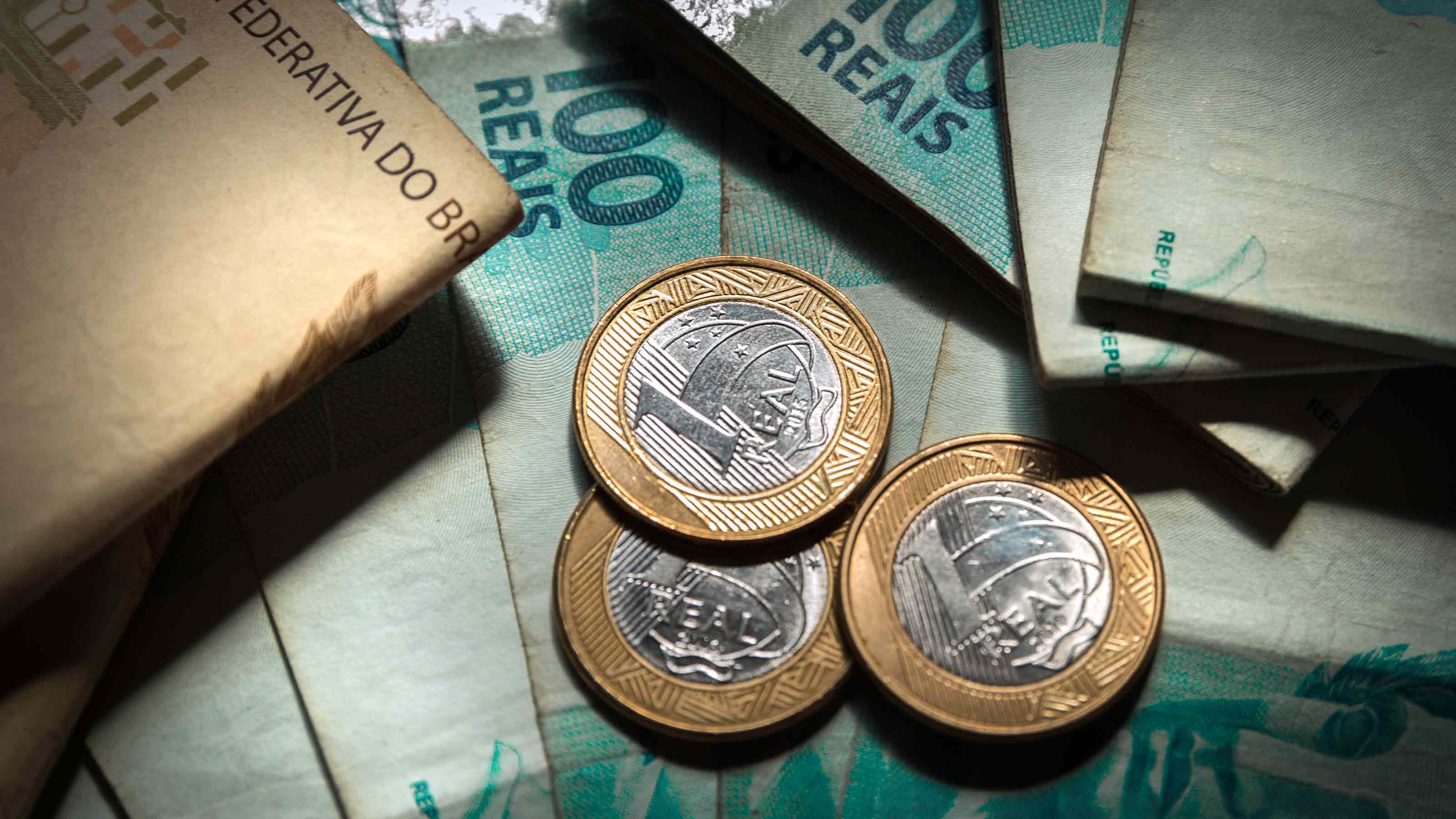
Itau Unibanco
- Country: Brazil
- Market Value: $50.3 billion
Apart from commodity price weakness, Brazil has been dealing with an ongoing political scandal for the past few years that has soured investor confidence in the country. The pro-business policies of Jair Bolsonaro, who was elected late in 2018, had seemed to breath some life into the Brazilian economy, at least for a moment.
Unfortunately, it didn't last. The coronavirus pandemic crushed demand for commodities, which wasn't particularly strong going into the crisis, and Brazil is now a major hotspot for the virus.
But at some point, the market prices in all the bad news. Brazil might finally be at that point. If that's the case, one way to play to play a rebound is via the shares of Brazilian bank Itau Unibanco (ITUB, $5.15).
Itau boasts more than 4,500 branches and over 46,000 ATMs across several South American countries, as well as operations on three continents. It provides everything from personal lines of credit and payroll loans to insurance and pension plans.
ITUB is one of the most depressed stocks on this list, off nearly 44% year-to-date. However, the stock might have finally hit bottom in May; it has been rallying for the past month.

America Movil
- Country: Mexico
- Market Value: $58.1 billion
Despite being a developing region, Latin America has had high mobile penetration rates for years. High-speed mobile internet is ubiquitous in the region, even in poorer communities. Yet it seems that Mexico-based America Movil (AMX, $13.43), one of the largest telecom operators throughout Latin America, has really struggled to catch a bid over the past decade.
In dollar terms, America Movil's U.S.-traded American depositary receipts (ADRs) have lost more than half their value since early 2011.
Some of this is due to instability in the Mexican peso, which has really struggled in recent years. General bearishness toward Mexican stocks due to trade tensions with the United States and the election of a left-of-center president (Andrés Manuel López Obrador) hasn't helped either.
But after dropping like a rock in February and March due to the coronavirus outbreak, AMX has been trending broadly higher for the past three months. Considering the shares trade at 2006 prices, it's not unreasonable to expect shares to continue recovering ground.
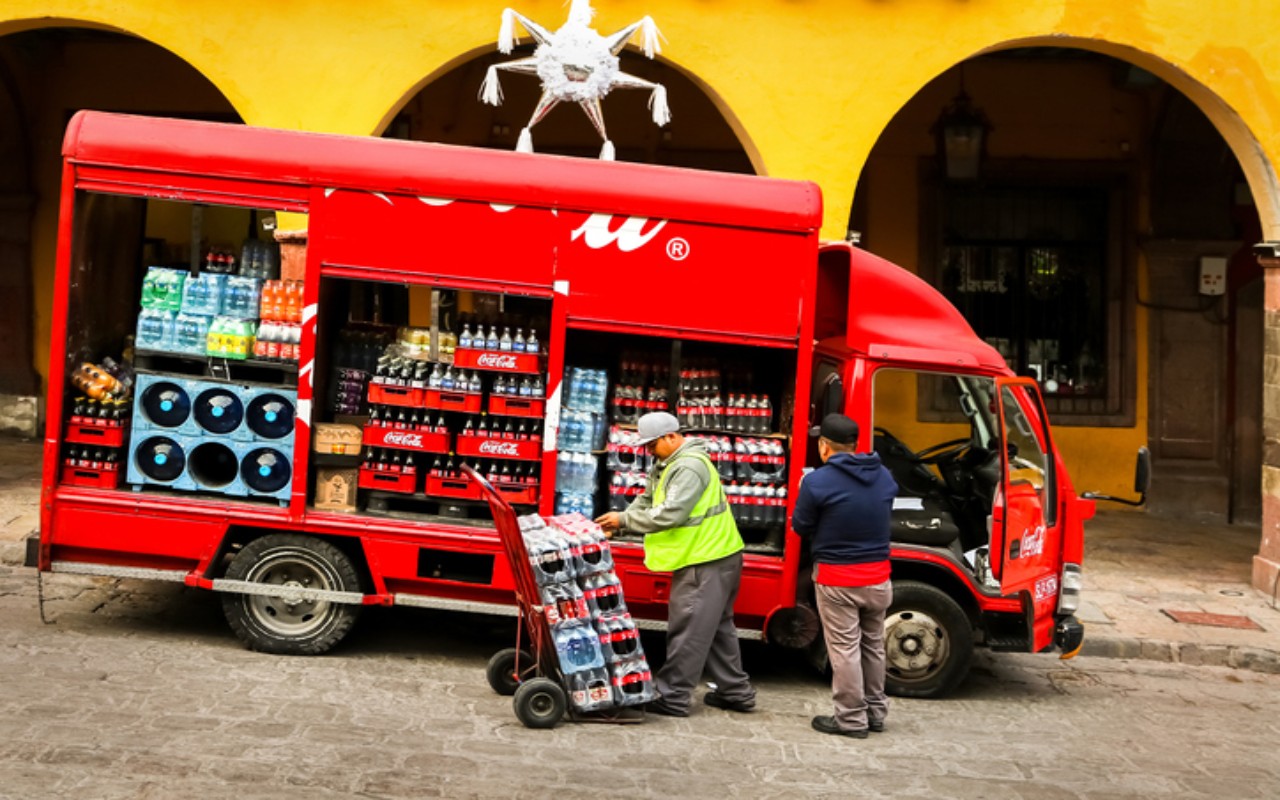
Coca-Cola FEMSA
- Country: Mexico
- Market Value: $77.8 billion
We'll wrap this up with a Mexican consumer staple, Coca-Cola Femsa (KOF, $46.32). The company is a bottler, producer and distributor of Coca-Cola trademarked beverages in Mexico and other parts of Latin America. Additionally, the company distributes Heineken beer in Brazil.
Like most Mexican stocks, Coca-Cola Femsa has really struggled to get traction in dollar terms in recent years. The shares have been trending lower since 2013 and now sit at 2009 prices.
Catching a falling knife is hard. When you see a stock like Coca-Cola Femsa trending inexorably lower, it's psychologically difficult to pull the trigger and buy. But the shares have been stable since March and tending modestly higher for the past month.
If you're looking for a relatively safe way to play a recovery in Mexico, Coca-Cola Femsa is a reasonable choice. And at current prices, it yields an attractive 4.4% in dividends.
Profit and prosper with the best of Kiplinger's advice on investing, taxes, retirement, personal finance and much more. Delivered daily. Enter your email in the box and click Sign Me Up.

Charles Lewis Sizemore, CFA is the Chief Investment Officer of Sizemore Capital Management LLC, a registered investment advisor based in Dallas, Texas, where he specializes in dividend-focused portfolios and in building alternative allocations with minimal correlation to the stock market.
-
 Dow Adds 1,206 Points to Top 50,000: Stock Market Today
Dow Adds 1,206 Points to Top 50,000: Stock Market TodayThe S&P 500 and Nasdaq also had strong finishes to a volatile week, with beaten-down tech stocks outperforming.
-
 Ask the Tax Editor: Federal Income Tax Deductions
Ask the Tax Editor: Federal Income Tax DeductionsAsk the Editor In this week's Ask the Editor Q&A, Joy Taylor answers questions on federal income tax deductions
-
 States With No-Fault Car Insurance Laws (and How No-Fault Car Insurance Works)
States With No-Fault Car Insurance Laws (and How No-Fault Car Insurance Works)A breakdown of the confusing rules around no-fault car insurance in every state where it exists.
-
 The 24 Cheapest Places To Retire in the US
The 24 Cheapest Places To Retire in the USWhen you're trying to balance a fixed income with an enjoyable retirement, the cost of living is a crucial factor to consider. Is your city the best?
-
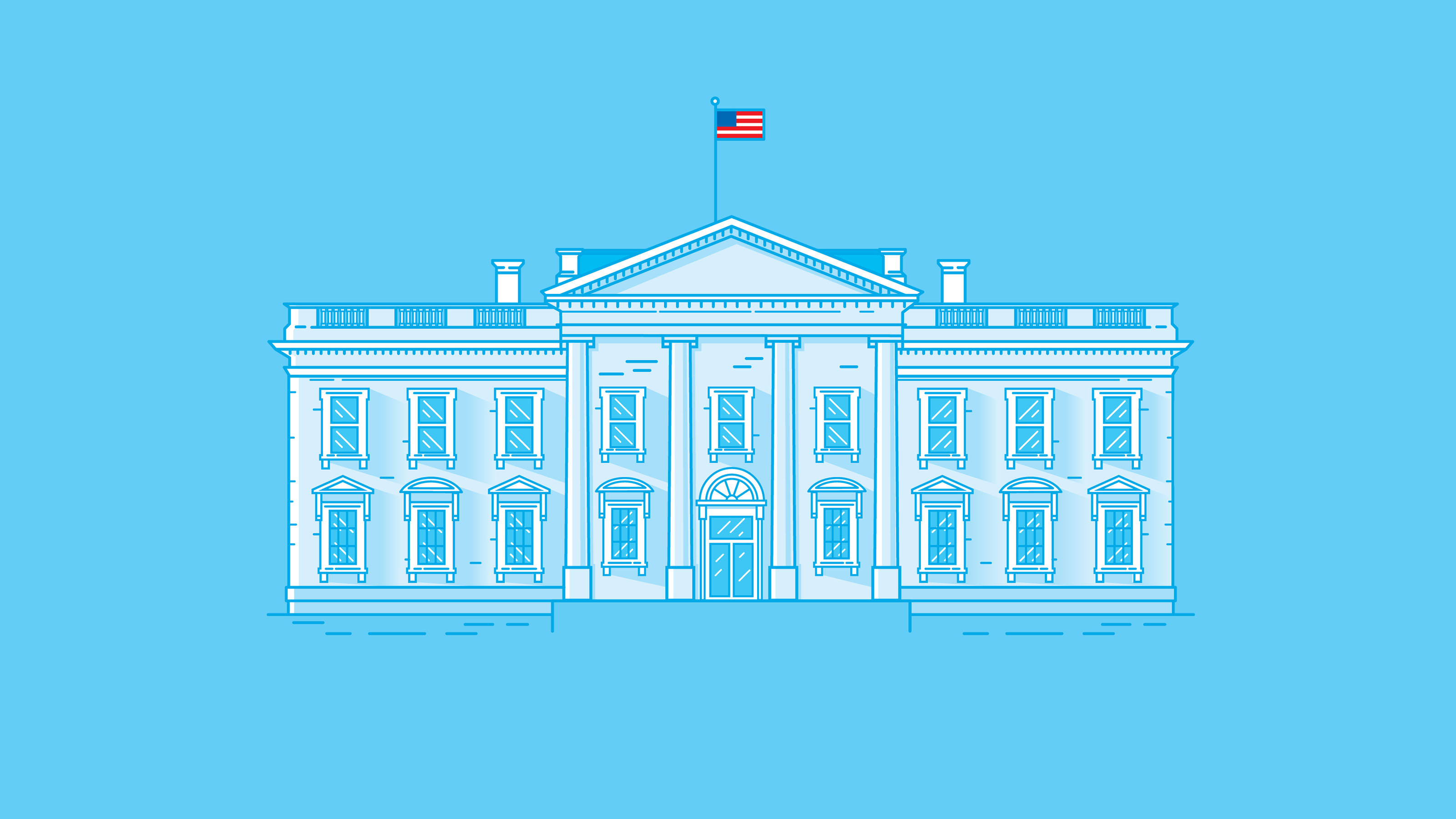 White House Probes Tracking Tech That Monitors Workers’ Productivity: Kiplinger Economic Forecasts
White House Probes Tracking Tech That Monitors Workers’ Productivity: Kiplinger Economic ForecastsEconomic Forecasts White House probes tracking tech that monitors workers’ productivity: Kiplinger Economic Forecasts
-
 5 Stocks to Sell or Avoid Now
5 Stocks to Sell or Avoid Nowstocks to sell In a difficult market like this, weak positions can get even weaker. Wall Street analysts believe these five stocks should be near the front of your sell list.
-
 Financial Abuse Is on the Rise: What It Is and What to Do About It
Financial Abuse Is on the Rise: What It Is and What to Do About ItDomestic violence almost always includes financial abuse. Here’s help on identifying and understanding it and how to get help and leave in a safe way.
-
 Best Stocks for Rising Interest Rates
Best Stocks for Rising Interest Ratesstocks The Federal Reserve has been aggressive in its rate hiking, and there's a chance it's not done yet. Here are eight of the best stocks for rising interest rates.
-
 The Five Safest Vanguard Funds to Own in a Volatile Market
The Five Safest Vanguard Funds to Own in a Volatile Marketrecession The safest Vanguard funds can help prepare investors for market tumult but without high fees.
-
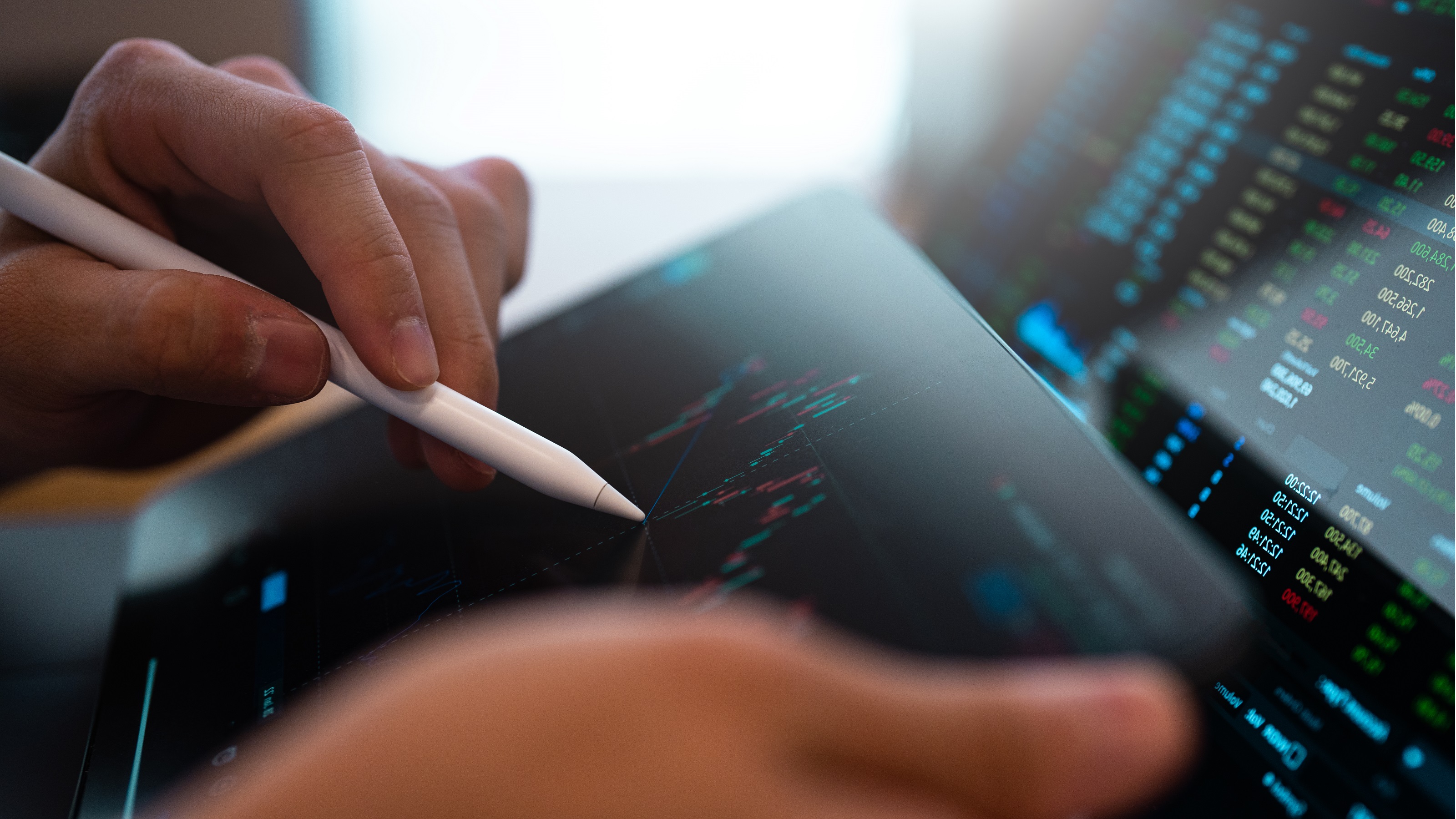 2023 Investment Outlook’s Big Question Focuses on Recession
2023 Investment Outlook’s Big Question Focuses on RecessionFundamentals, earnings and diversification are key after a year that left us feeling like we have a bit of a hangover.
-
 The 5 Best Inflation-Proof Stocks
The 5 Best Inflation-Proof Stocksstocks Higher prices have been a major headache for investors, but these best inflation-proof stocks could help ease the impact.
